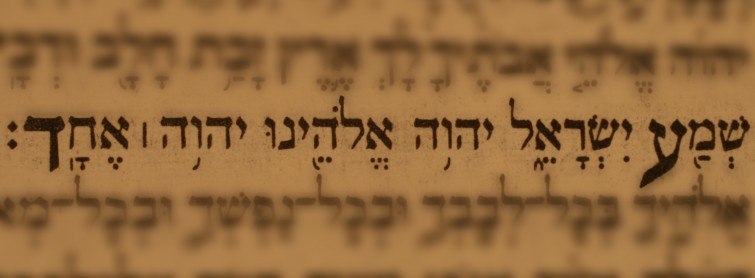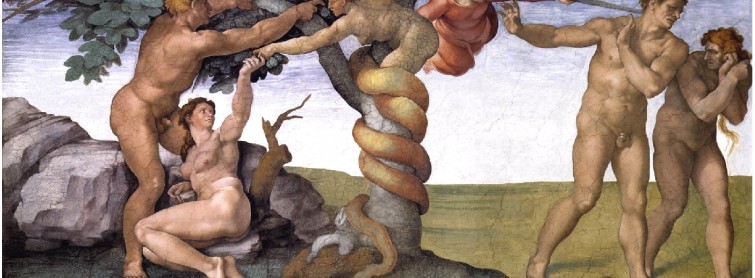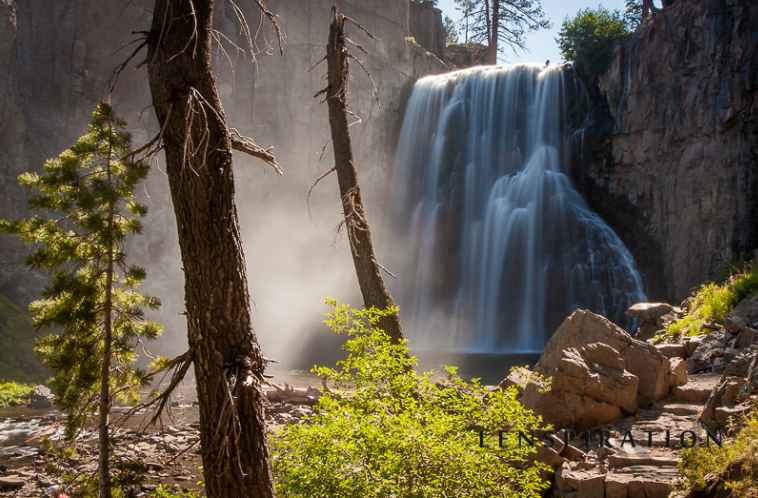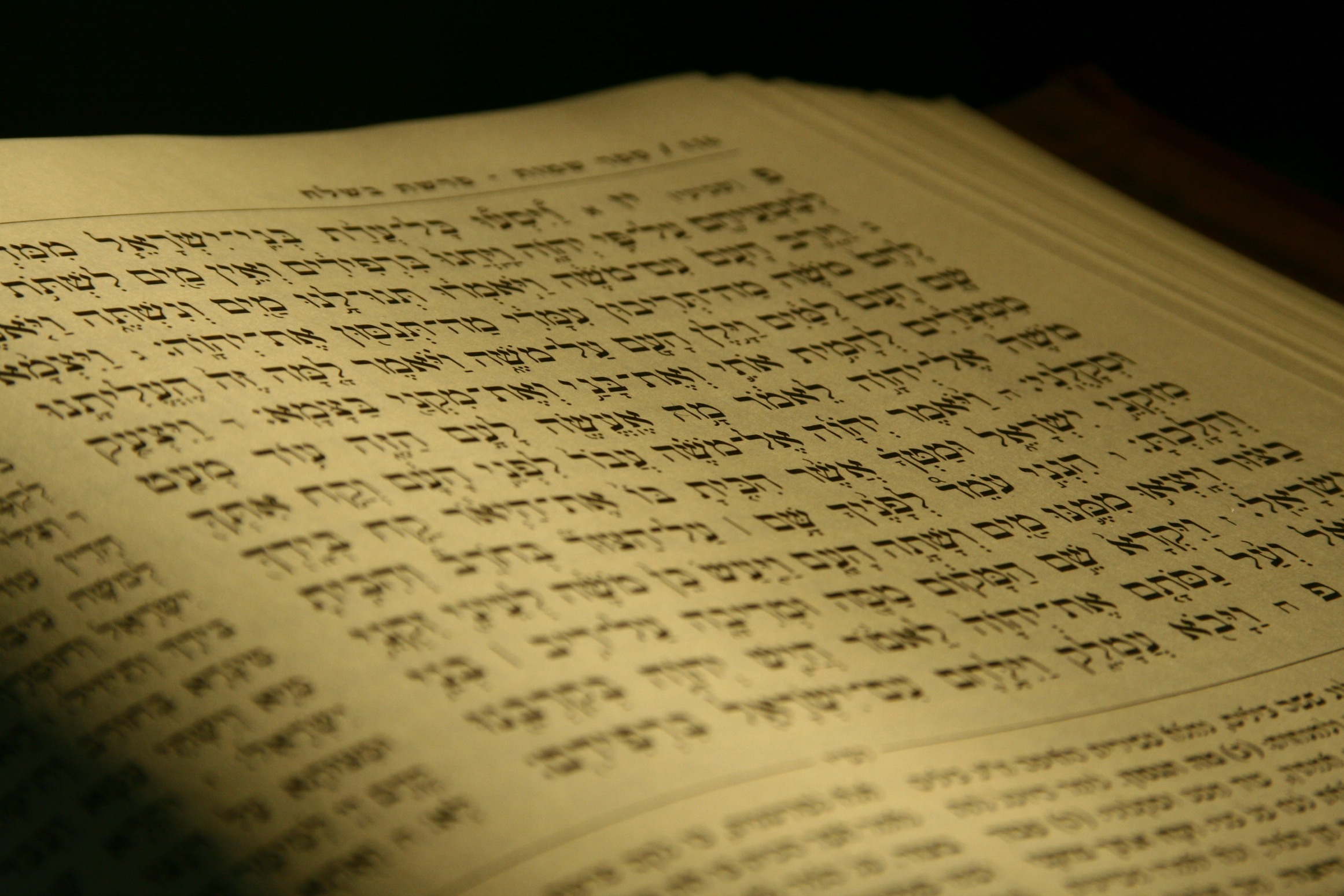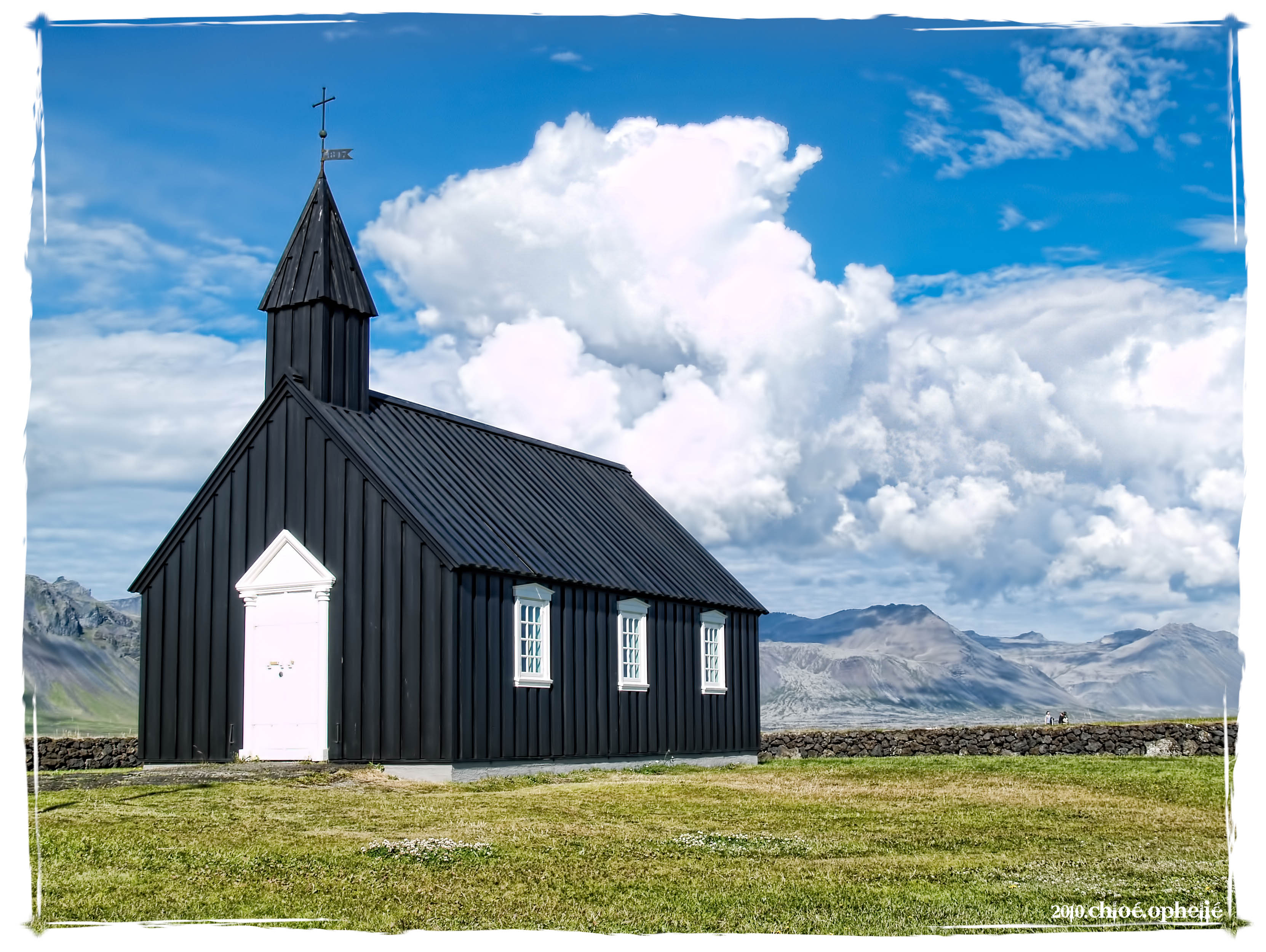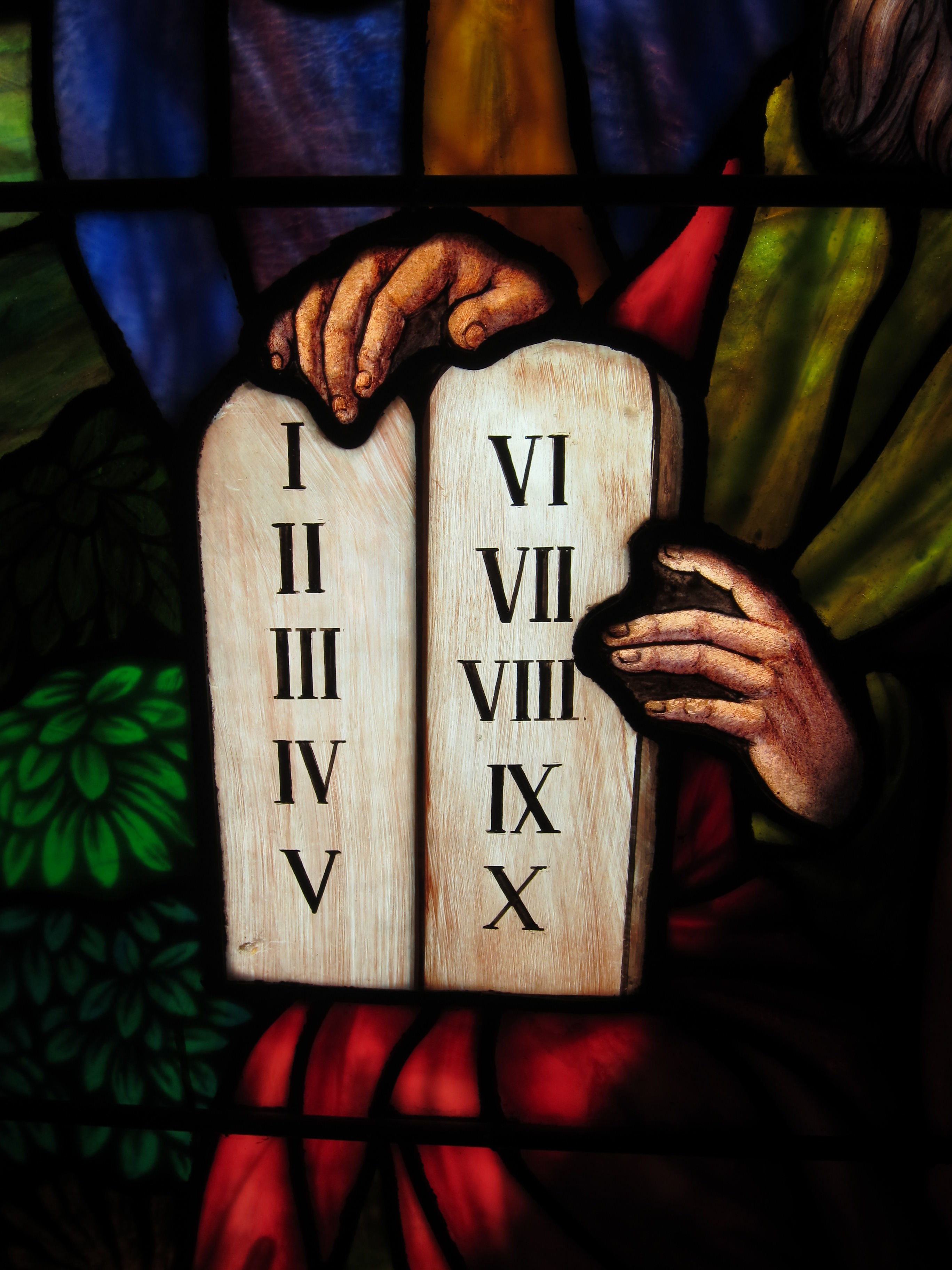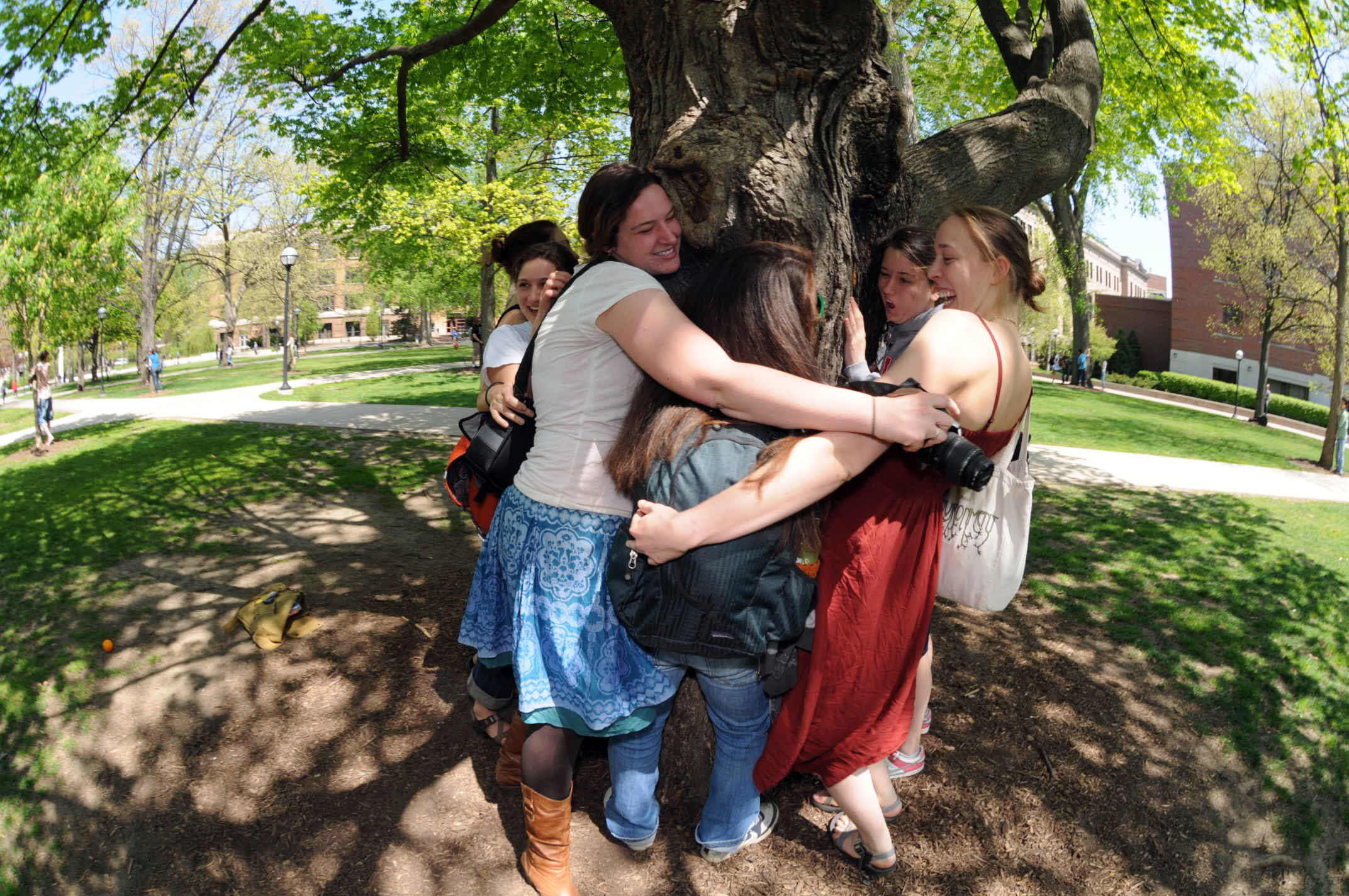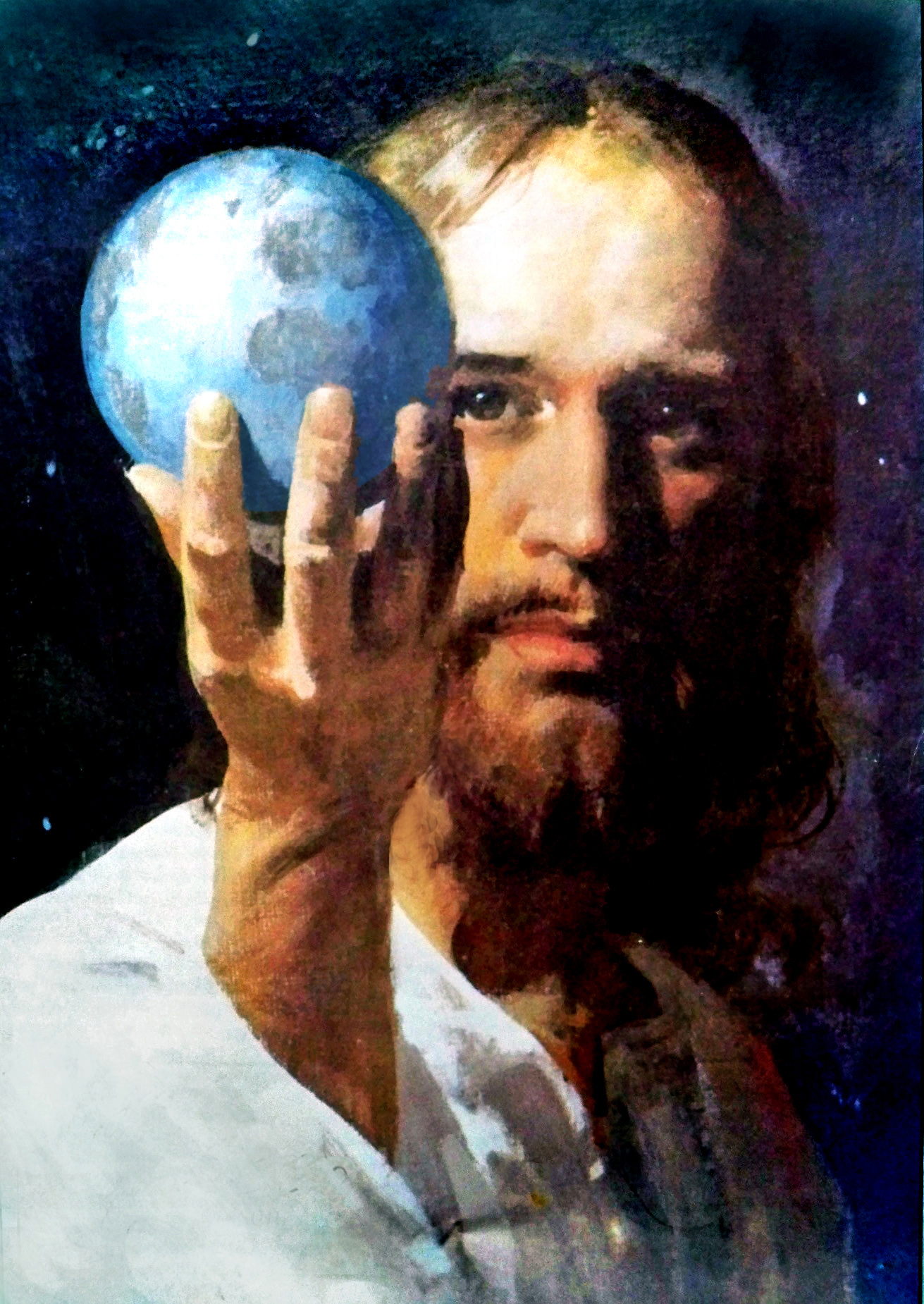“And God said, Let us make man in our image, after our likeness… So God created man in his own image, in the image of God created he him; male and female created he them.”
Genesis 1
“And the Lord God formed man of the dust of the ground, and breathed into his nostrils the breath of life; and man became a living soul…but for Adam there was not found an help meet for him.And the Lord God caused a deep sleep to fall upon Adam, and he slept: and he took one of his ribs, and closed up the flesh instead thereof; And the rib, which the Lord God had taken from man, made he a woman, and brought her unto the man.”
Genesis 2
The Problem
The accounts of Genesis 1 and 2 appear to offer two separate and somewhat contradictory accounts for the creation of Adam and Eve. Were Adam and Eve created twice?
The Solution
You might be surprised to see that Adam and Eve do not appear in the first creation account at all. We are simply told that God created people in his own image – male and female. In the second account we see that God fashions Adam from dust and places him in the garden he has previously prepared. Eve is created shortly after from one of Adam’s rib bones.
The two accounts are not intended to describe two different creation events. The two accounts are merely describing the same event, in a different way.
Source criticism seeks to establish the sources used by the authors of the bible and looks at editing work that was undertaken on biblical texts before the bible was composed into its current form. According to source critics, the two creation narratives found in Genesis derive from different sources – the account in Genesis 1 being composed in the sixth century by the ‘Priestly’ source and the account in Genesis 2 being composed in the tenth century by the ‘Yawhist’.
A Cosmocentric Account
Genesis 1, composed much later, describes the creation of humanity within the bigger picture – as part of creation week. It is cosmocentric. In this account, the male and female are both created on day six and given dominion over the earth. We are not told if the male and female creation is limited to one person, or what their names were. In this passage the word ‘adam’ is present, but Is used as a plural to describe humankind in the broader sense. The creation of the man and woman finalises the creative week before God steps back and declares that everything he has created is ‘good’. This account appears to place the creation of humanity, as a whole, at the culmination of the cosmic creation that has taken place, evident by the fact that the male and female are not named.
If this piece was indeed penned by the Priestly source, then it was written after the Hebrews had returned from captivity by the Babylonians. Regardless, its function is clear: creation is complete.
An Anthropocentric Account
Genesis 2, the earlier account, describes the creation of Adam and Eve in more detail, with a focus on the birth of humanity rather than the creation of the entire cosmos. It is anthropocentric. In this account the man is also referred to as Adam. In this setting the word is capitalized to indicate a proper noun – it is the name for the man. Adam is fashioned from the ground before God blows the breath of life into his nostrils. The woman, Eve, is then fashioned from Adam. This account ends with the establishment of primeval innocence, depicting the man and woman as both ‘naked’ and ‘not ashamed.’ This account differs from the cosmocentric account in several ways including using different names to describe God, using different methods of bringing about creation and ordering the creative activity differently.
Having been written by the Yahwist could place the composition of this story as early as 950 BCE. The function of this second account serves as a departure point for the subsequent narrative.
In Conclusion
What is being presented here is two different accounts of the same event, fashioned in different ways. The first account places the creation of humanity as the climax for the grandiose story where God creates on a cosmic level. The second uses the event as a ‘scene-setter’ for the narrative which is to follow, in which the man and woman will ‘fall’ through disobedience to God.
Each account uses its own choice of language, structure and detail in order to achieve the theological agenda of its composer. The first account was most likely written as a Jewish, monotheistic response to polytheistic beliefs being spread at the time. The second account holds many similarities to the Babylonian creation myth the ‘Enuma Elish’, suggesting that perhaps this account is a direct response to this, and a way of offering rebuttal to its polytheistic ideas.
What is clear is that regardless of the difference in time, author and agendas, Genesis 1 and 2 were meant to be read together. Each account provides a unique perspective on God’s creative nature and the origins of humankind, as well as God’s relationship with humanity.
To honour God’s creation, be sure to sign the petition to establish Creation Day as an official holiday!

